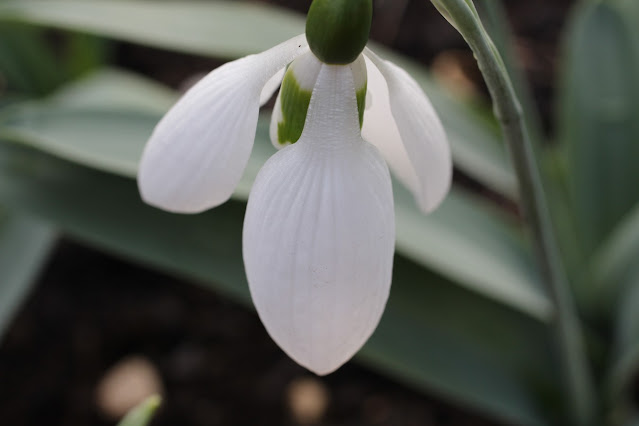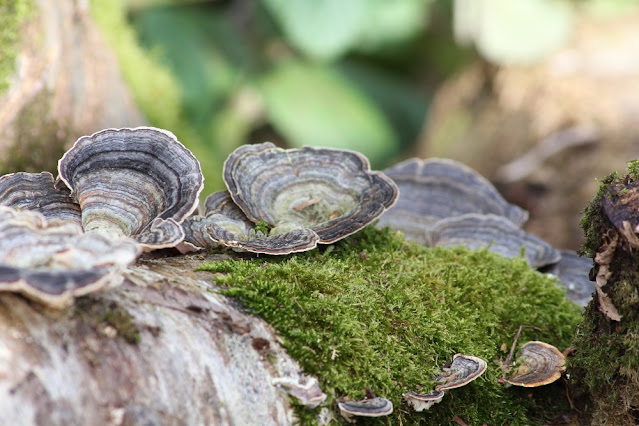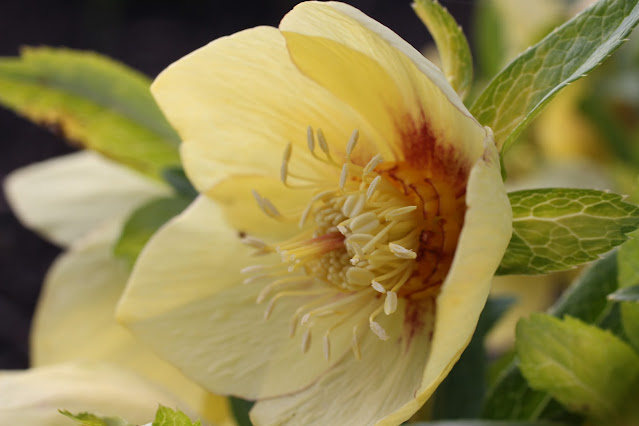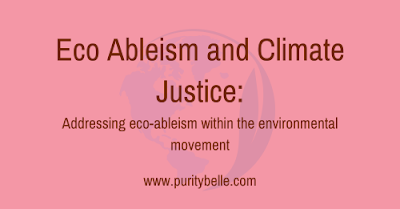The long road to burnout and changing direction
Burnout is a word that is thrown about a lot. I think we use the word often to express tiredness or perhaps disillusion with our work or lives in general. But for me, having hit real burnout, it's a lot more than that. It was maybe inevitable that I would get here at some point, but experiencing it has made me reflect on the journey, to give me a better sense of how to avoid it in the future.
I also can't dissociate this from my autism -- autistic burnout is something often experienced by autistic people and is described below:
'Autistic burnout’ is the intense physical, mental or emotional exhaustion, often accompanied by a loss of skills, that some adults with autism experience. Many autistic people say it results mainly from the cumulative effect of having to navigate a world that is designed for neurotypical people.' (Austic burnout explained.)'
Some more information from this article on autistic burnout below:
'Consistent with the broader burnout literature, exhaustion is a core feature and consequence of autistic burnout. Autistic adults have described a debilitating state of physical, mental, and emotional exhaustion that significantly impacts their ability to function. Aspects of functioning affected during autistic burnout include reduced executive functioning (e.g., planning, organization), loss of focus and concentration, difficulties producing and processing speech, and the loss of previously acquired skills, including self-care abilities (Higgins et al., 2021; Mantzalas et al., 2021; Raymaker et al., 2020).'
The above descriptions very much correlate with my own experience. However, my instinct is telling me that what I am feeling is not specific to autistic burnout, but rather an overlap of general burnount as a result of completely overextending myself, and also autistic burnout.
Exhaustion is the main feature - it is an overwhelming physical and mental exhaustion, which, for me, built up over time. For ages, I kept thinking 'if I can just catch up on sleep, I'll be fine' but no amount of rest or taking breaks seemed to help and instead of it getting better, it seemed to get worse and worse over time. I was also feeling that everything was impossible - every little thing, from household tasks, to volunteer stuff, to work, to self-care, was just taking a monumental effort that just increased my exhaustion. I'm very thankful I made the decision to try and tackle it, instead of continuing on this path and I was very lucky that the doctor listened and understood, and was able to confirm what I suspected, that it was burnout.
So what brought me to this point? As I mentioned, I completely overextended myself for a long period. Finishing my Master's, doing a huge amount of volunteer work and managing family stuff meant that, without realising it, all my time became 'work' time and I literally had no leisure time. Zero leisure time might seem unbelievable, but even in the rare moments that I tried to relax, my brain was so used to functioning on adrenaline, that it would never rest. A lot of the things I was doing were really positive and also things I felt compelled to do in order to further my particular passion, which is citizen engagement around policy and the core belief I have, that bottom up policy creation, and giving everyone a voice, is crucial for a better society.
Unfortunately, some of things I was engaged with were far from positive. I had been part of a volunteer organisation for a number of years at local level, as well as national level. The ethos and principles of the organisation were ones I firmly believed in but this particular local organisation was rife with bullying, dysfunction and mis-management. It was singular in the level of nastiness and disconnect from human empathy that was shown. At one point, a facilitator was engaged to try and tackle a particular issue. This facilitator was excellent and produced a clear and comprehensive report, which outlined the issues and what needed to be done to change the culture. The report was completely ignored and the poor behaviour continued. I sat in meetings and heard fellow members implying that we didn't need to follow guidelines (this organisation has a centrally issued handbook with principles and a framework for policy) and also witnessed bullying and misogyny towards myself and others. I also experienced it as a space that was not open to disability inclusion. As an autistic person, I find written communication much easier, as it allows me to process the content but we were strongly discouraged from communication via email, which effectively left me feeling that my voice was silenced. It was a standout example of how not to run an organisation and contributed hugely to a lot of the stress I was feeling, and to a massive disillusion about human beings in general.
However, I'm very thankful that my experience of the organisation at national level was entirely different, with a completely different, collaborative ethos and a feeling that, even if we didn't all agree all of the time, there was an openness and respect, and above all, members were willing to work together on issues, so that has restored my faith in people to some degree.
So, in short, it was a long process and a combination of multiple things - generally working too hard, being in a space of negativity, being unable to say no and my alexithymia,which is explained below.
'Autistic burnout occurs after demands build up over time; therefore, recognizing early signs of physical and mental overwhelm is vital. It is estimated, however, that approximately 50% of autistic people experience alexithymia— difficulties identifying and describing one’s feelings and emotions—compared to 5% of the general population (Berthoz & Hill, 2005; Kinnaird et al., 2019).'
So I suppose, the next question is how to tackle this? There is a bigger picture here of embracing more autistic unmasking but also, I've realised, through having some positive experiences, that I need to be more careful about enmeshing myself in negative or disheartening situations. I was at a wonderful workshop yesterday in Cloughjordan Eco Village and someone was speaking about looking for the doors instead of the walls - I won't even try to paraphrase the exact quote because I can't remember, but the idea was that looking for the doors allows better progress than trying to push through walls. I thought this was a perfect metaphor for a lot that has been going on with me.
I'm also trying to implement better habits, like exercising, saying no when I'm feeling overwhelmed, and generally trying to rest and give myself a break without feeling guilty that I'm not being 'productive'. I've also realised, and coming back to the walls and doors metaphor, that I need to actively seek out spaces which are collaborative and recognising of our humanity. One of the take away principles of the workshop which I attended, is that we need to reimagine a different kind of regenerative future. And on a personal level, with my austic resistance to hierarchies and status, that means trying as much as possible to be in collaborative and well facilitated spaces, at least in so far as it is possible.
I also need to spend more time doing things I enjoy and exploring my special interests - one of which is photography, which is why I've interspersed this blog post with some beautiful nature pics :)
.
.








Fabulous truthful and interesting blog.
Thank you for reading :)